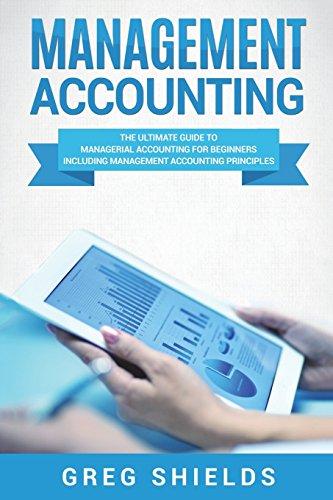Cash Equivalents and the Statement of Cash Flows In December 2017, Rangers Inc. invested $100,000 of idle cash in U.S. Treasury notes. The notes mature on October 1, 2015, at which time Rangers expects to redeem them at face value of $100,000. The treasurer believes that the notes should be classified as cash equivalents because of the plans to hold them to maturity and receive face value. He also wants to avoid presentation of the purchase as an investing activity because the company made sizable capital expenditures during the year. The treasurer realizes that the decision about classification of the Treasury notes rests with you as controller Required: 1. According to GAAP, how should the investment in U.S. Treasury notes be classified for purposes of preparing a statement of cash flows for the year ended December 31, 2017? According to current accounting Standards, only those investments in highly liquid securities with an original maturity to the investor of months or should be classified as cash equivalents. Because the Treasury notes do not mature until ten months after they are purchased their purchase should be classified as activity for purposes of preparing a statement of cash flows. 2. If the purchase of the notes is classified as an operating rather than an investing activity, is the information provided to outside readers free from blas? If the notes are classified as an operating rather than an investing activity, the information free from bas. According to accounting standards, the proper classification for the purchase of the notes is as activity. Presentation of the purchase as activity would indicate that the company is attempting to achieve a desired result rather than presenting the information in a neutral fashion 3. As controller for Rangers, what would you do in this situation? What would you tell the treasurer? As controller, you need to explain to the treasurer that accounting standards allow the company to classify the Treasury notes as cash equivalents. You are sympathetic to his desire to minimize the net cash outflow for investing activities, but the company does not have a choice in its presentation of the notes, nor does the decision - from on classification rest with you as controller Rangers must report the purchase on the statement of each how as activities Cash Equivalents and the Statement of Cash Flows In December 2017, Rangers Inc. invested $100,000 of idle cash in U.S. Treasury notes. The notes mature on October 1, 2015, at which time Rangers expects to redeem them at face value of $100,000. The treasurer believes that the notes should be classified as cash equivalents because of the plans to hold them to maturity and receive face value. He also wants to avoid presentation of the purchase as an investing activity because the company made sizable capital expenditures during the year. The treasurer realizes that the decision about classification of the Treasury notes rests with you as controller Required: 1. According to GAAP, how should the investment in U.S. Treasury notes be classified for purposes of preparing a statement of cash flows for the year ended December 31, 2017? According to current accounting Standards, only those investments in highly liquid securities with an original maturity to the investor of months or should be classified as cash equivalents. Because the Treasury notes do not mature until ten months after they are purchased their purchase should be classified as activity for purposes of preparing a statement of cash flows. 2. If the purchase of the notes is classified as an operating rather than an investing activity, is the information provided to outside readers free from blas? If the notes are classified as an operating rather than an investing activity, the information free from bas. According to accounting standards, the proper classification for the purchase of the notes is as activity. Presentation of the purchase as activity would indicate that the company is attempting to achieve a desired result rather than presenting the information in a neutral fashion 3. As controller for Rangers, what would you do in this situation? What would you tell the treasurer? As controller, you need to explain to the treasurer that accounting standards allow the company to classify the Treasury notes as cash equivalents. You are sympathetic to his desire to minimize the net cash outflow for investing activities, but the company does not have a choice in its presentation of the notes, nor does the decision - from on classification rest with you as controller Rangers must report the purchase on the statement of each how as activities







